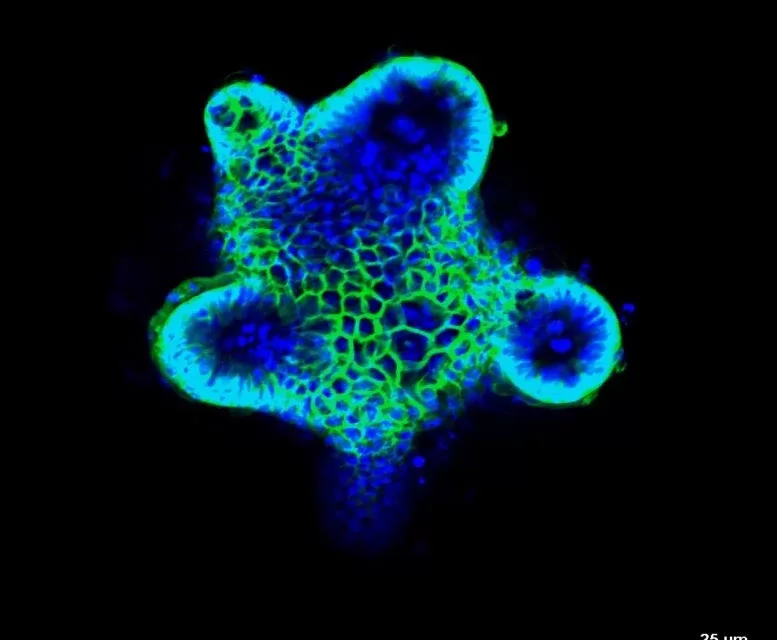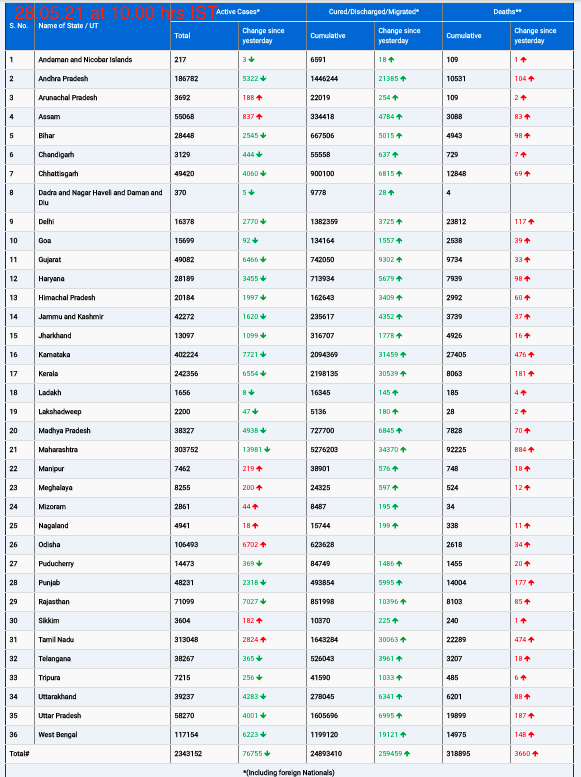New research highlights the pivotal role of the intestinal epithelium in celiac disease, paving the way for innovative treatment strategies.
Celiac disease, a hereditary autoimmune disorder affecting approximately 1% of the global population, presents a significant health challenge. Triggered by the ingestion of gluten—a protein found in wheat, rye, and barley—it can lead to debilitating symptoms, nutrient malabsorption, and an increased risk of serious long-term health issues. Alarmingly, the incidence of celiac disease has roughly doubled over the past 25 years, yet no effective treatment currently exists aside from strict dietary restrictions.
Breakthrough Research in Celiac Disease
For the past six years, a multidisciplinary team of researchers at McMaster University in Canada, collaborating with experts from the US, Australia, and Argentina, has been investigating the mechanisms underlying the gluten response. Their findings, published in the journal Gastroenterology, reveal a crucial insight: the inflammatory response to gluten begins not just within the gut wall, as previously believed, but also involves the upper intestinal epithelium.
New Discoveries in Intestinal Response to Gluten
Traditionally, it was thought that immune cells were the sole players in the inflammatory response to gluten. However, this new study demonstrates that the epithelium, composed of various cell types not typically associated with the immune system, actively contributes to the immune response.
Utilizing advanced microscopic biomaterials, the researchers created a biologically functional model of the intestinal epithelium. This innovative model allowed them to isolate and observe the interactions between gluten and epithelial cells from individuals with celiac disease under controlled laboratory conditions, circumventing the complexities of the living gut environment.
The results were striking: the intestinal epithelium not only detects gluten but also signals immune cells to initiate an inflammatory response. This pivotal discovery, long theorized but never substantiated, is expected to accelerate the development of new therapeutic drugs.
Advancements in Celiac Disease Research and Future Treatments
“The only current treatment for celiac disease is a strict gluten-free diet, which is challenging for many patients and often insufficient,” explained Elena Verdu, a corresponding author on the study and professor of gastroenterology at McMaster University. Identifying the specific triggers of the immune response offers a promising avenue for research into targeted drug therapies.
Tohid Didar, another corresponding author and associate professor at McMaster’s School of Biomedical Engineering, emphasized the significance of their findings. “This research allowed us to pinpoint the cause-and-effect relationship, confirming exactly how and when the immune response occurs,” he noted.
A notable aspect of this study is the observation that the intestinal epithelium amplifies its signals to immune cells in the presence of pathogens. This suggests a dual approach for future interventions: by identifying pathogens in individuals at risk for celiac disease, it may be possible to inhibit harmful interactions between gluten and the gut epithelium, potentially preventing disease onset altogether.
As researchers continue to unravel the complexities of celiac disease, these groundbreaking findings bring hope for new therapeutic strategies that could improve the quality of life for countless individuals suffering from this challenging condition.
Reference: Rahmani, S., et al. (2024). “Gluten-Dependent Activation of CD4+ T Cells by MHC Class II–Expressing Epithelium.” Gastroenterology, DOI: 10.1053/j.gastro.2024.07.008.












